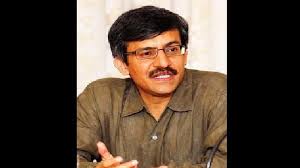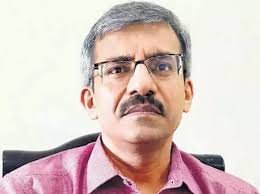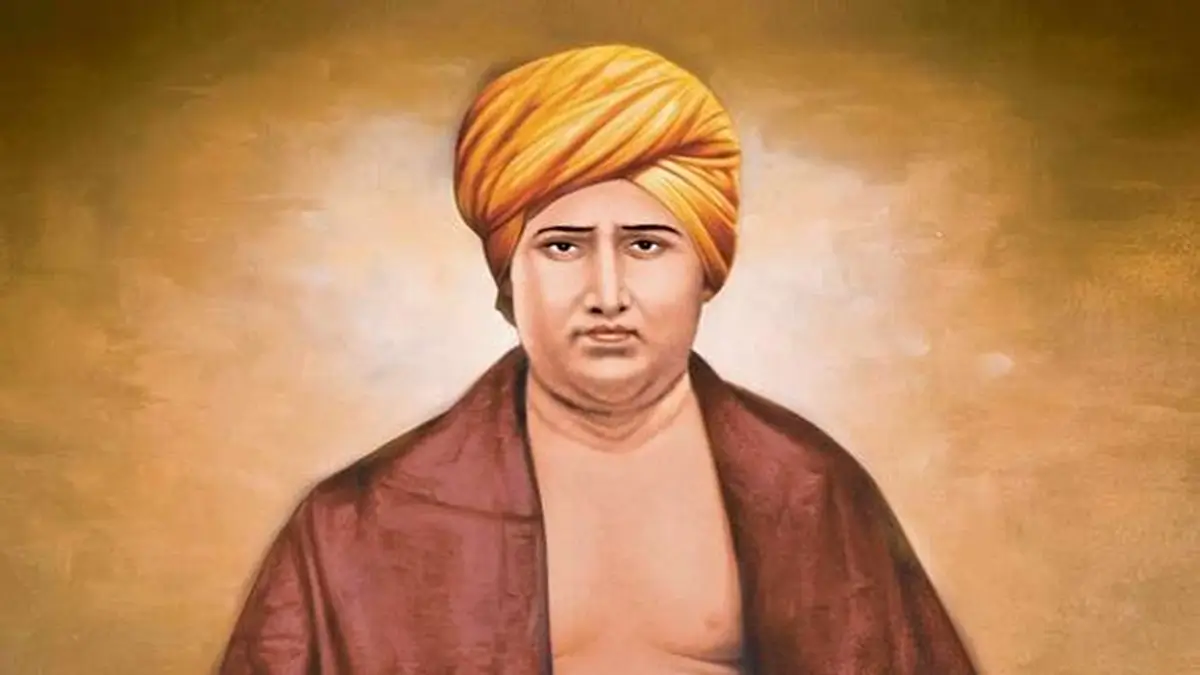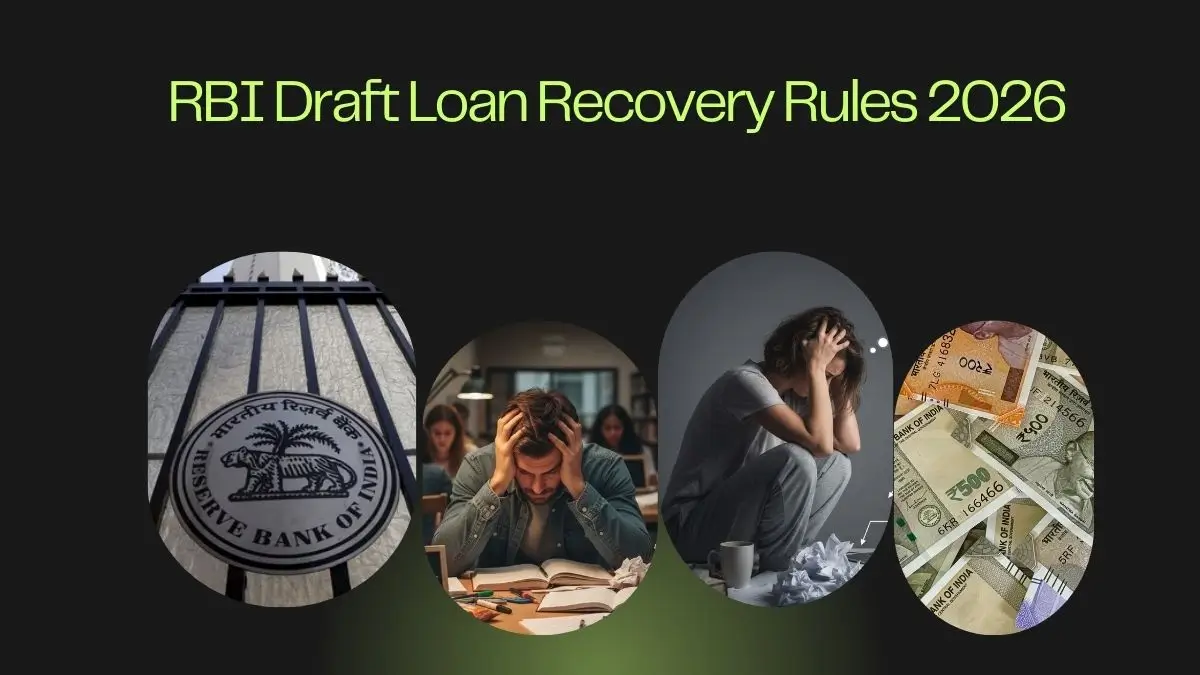Vineet Joshi Takes Charge as Secretary of Higher Education
On January 17, 2025, Vineet Joshi assumed office as the Secretary of the Ministry of Higher Education in India. The appointment comes at a crucial time as India strives to strengthen its higher education system and develop a global presence in research and innovation. Joshi, an experienced bureaucrat, takes over the leadership of the Ministry with the responsibility to address key challenges in the sector and to push forward significant reforms aimed at improving the quality and accessibility of higher education in the country.
Vineet Joshi’s Background and Career Achievements
Vineet Joshi, a 1990-batch Indian Administrative Service (IAS) officer, brings over three decades of administrative experience to the role. Before taking charge as the Secretary of Higher Education, Joshi served in various senior positions, including as the Director General of the National Testing Agency (NTA). His tenure at NTA saw the successful implementation of multiple important reforms, including the conduct of competitive exams such as JEE, NEET, and other entrance tests in a more efficient and transparent manner. His track record in education administration reflects his commitment to modernizing India’s educational landscape and improving the accessibility of education.
Focus Areas for Joshi in Higher Education Sector
As Secretary, Joshi will be focusing on several critical areas, including the enhancement of the quality of education at the undergraduate and postgraduate levels, promoting research and innovation, and fostering international collaborations. One of the key initiatives he is expected to lead is the expansion of India’s academic exchange programs with foreign universities. The Ministry of Higher Education, under Joshi’s leadership, will also focus on increasing the enrollment of students from marginalized and economically disadvantaged backgrounds into premier institutions of higher learning.
Additionally, Joshi will play a significant role in advancing the National Institutional Ranking Framework (NIRF) to ensure that Indian universities and institutions are globally competitive.

Why This News is Important:
Reforming Higher Education in India
Vineet Joshi’s appointment as the Secretary of Higher Education is of immense significance for India’s education sector. The country’s higher education system is undergoing major reforms to address its challenges, including quality discrepancies, outdated curriculum, and access to quality education. With the Ministry’s focus shifting towards more practical and research-driven learning, Joshi’s leadership is expected to drive the changes needed for India to compete globally in higher education.
Driving Innovation and International Collaboration
Under Joshi’s leadership, India’s Ministry of Higher Education will likely see a stronger emphasis on international collaborations. This will not only improve the global ranking of Indian institutions but also encourage greater cross-border educational exchanges and research partnerships. The initiative aligns with India’s strategy to position itself as an educational hub for students globally, as well as to attract top-tier faculty from around the world.
Impact on Government Exams
Joshi’s experience with the National Testing Agency (NTA) gives him an upper hand in making high-stakes exams like JEE, NEET, and others more transparent and accessible. His policies may also influence the way public sector exams are conducted, ensuring a better and more inclusive approach, which is of direct relevance to students preparing for government exams such as those in banking, police services, and civil services.
Historical Context:
India’s higher education system has undergone substantial reforms in the past decade. The National Institutional Ranking Framework (NIRF), launched in 2015, was a key step towards evaluating and improving the quality of educational institutions. The implementation of the National Education Policy (NEP) 2020 aimed to overhaul the sector, focusing on multidisciplinary education, skill development, and innovation in teaching. Vineet Joshi’s appointment comes at a time when these reforms are in full swing, and his role will be pivotal in ensuring their effective execution and further refinement.
Additionally, the rise of private institutions and growing foreign interest in India’s education sector have added more pressure on the government to maintain the quality of education and accessibility to all students. His past experience with testing reforms and educational planning will serve as an asset in managing these evolving dynamics.
Key Takeaways from Vineet Joshi’s Appointment as Secretary of Higher Education
| Serial No. | Key Takeaway |
|---|---|
| 1 | Vineet Joshi has been appointed as the Secretary of the Ministry of Higher Education. |
| 2 | Joshi has extensive experience in education administration, having served as the Director General of the National Testing Agency (NTA). |
| 3 | Joshi will focus on enhancing the quality of higher education, promoting research, and fostering international collaborations. |
| 4 | His leadership is expected to further the implementation of the National Education Policy (NEP) and the expansion of academic exchange programs with global universities. |
| 5 | Joshi’s appointment is expected to impact the transparency and accessibility of entrance exams like JEE and NEET, benefiting students preparing for government exams. |
Important FAQs for Students from this News
Q1: Who is Vineet Joshi and what is his new role?
A1: Vineet Joshi is a 1990-batch IAS officer who has been appointed as the Secretary of the Ministry of Higher Education in India. He will oversee key reforms and initiatives aimed at enhancing the quality and accessibility of higher education in the country.
Q2: What were Vineet Joshi’s previous positions before becoming Secretary of Higher Education?
A2: Before his appointment as Secretary, Vineet Joshi served as the Director General of the National Testing Agency (NTA), where he was responsible for overseeing major national exams like JEE, NEET, and others.
Q3: What is the National Education Policy (NEP) 2020, and how does it relate to Joshi’s role?
A3: The NEP 2020 is a government initiative to reform and modernize India’s education system. It focuses on multi-disciplinary education, skill development, and creating a robust system for higher education. Joshi will play a significant role in implementing NEP’s initiatives in higher education.
Q4: How will Vineet Joshi’s appointment affect competitive exams in India?
A4: Joshi’s experience with the NTA positions him to potentially enhance the transparency and efficiency of exams like JEE, NEET, and other competitive exams. His leadership may also impact government recruitment exams like those for banking, police services, and civil services.
Q5: Why is Vineet Joshi’s appointment significant for students preparing for government exams?
A5: As the Secretary of Higher Education, Joshi’s leadership will influence the quality and structure of exams, including those for entrance into educational institutions. His policies may make exams more transparent and accessible, which could directly benefit students preparing for competitive exams.
Some Important Current Affairs Links

















